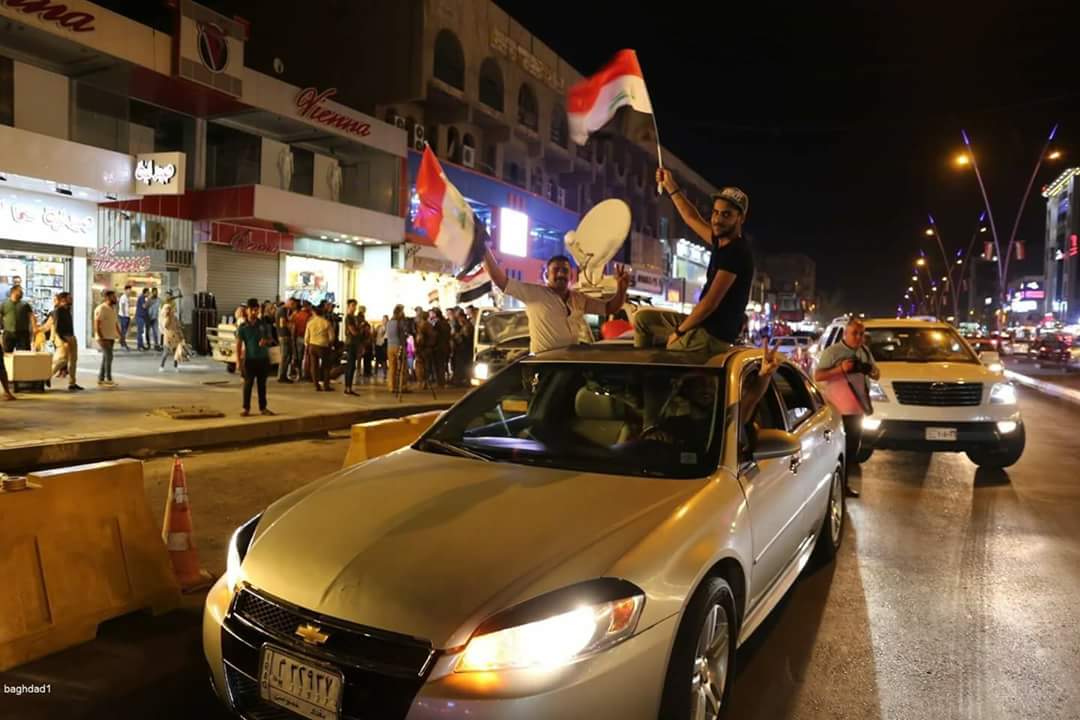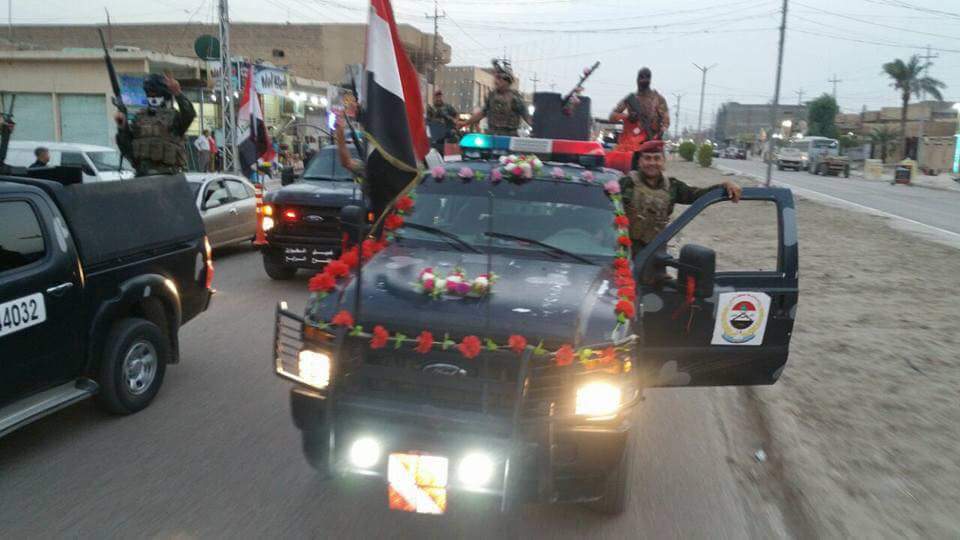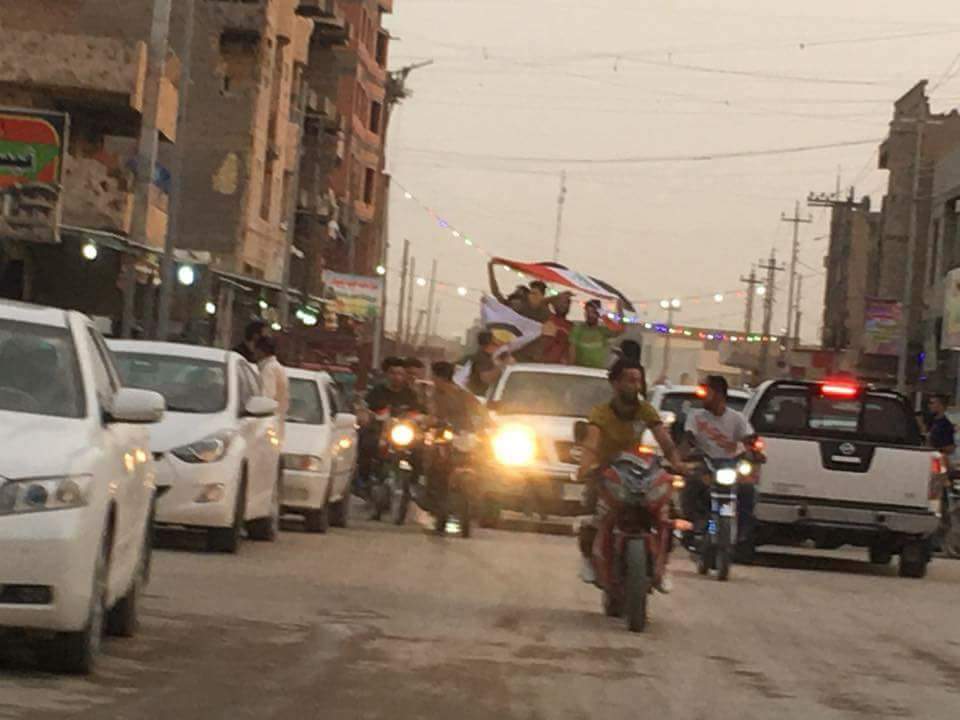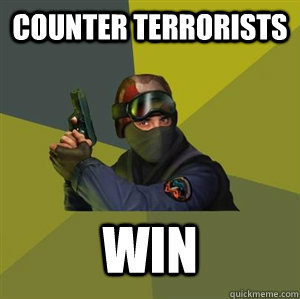New news from the Mosul thread.
https://www.nytimes.com/2017/07/09/world/middleeast/mosul-isis-liberated.html?smid=tw-bna
Searched and couldn't fine anything.
Some pics:
https://www.nytimes.com/2017/07/09/world/middleeast/mosul-isis-liberated.html?smid=tw-bna
MOSUL, Iraq Dressed in a military uniform, Prime Minister Haider al-Abadi arrived here in Mosul on Sunday to congratulate Iraqs armed forces on their victory over the Islamic State and mark the formal end of a bloody campaign that lasted nearly nine months, left much of Iraqs second-largest city in ruins, killed thousands of people and displaced nearly a million more.
While there were reports that troops were still mopping up the last pockets of resistance and Iraqi forces could be facing suicide bombers and guerrilla attacks for weeks, the military began to savor its win in the shattered alleyways of the old city, where the Islamic State, also known as ISIS or ISIL, put up a fierce last stand.
Hanging over the declaration of victory is the reality of the hard road ahead. The security forces in Mosul still face dangers, including ISIS sleeper cells and suicide bombers. And they must clear houses rigged with explosive booby traps so civilians can return and services can be restored. Nor is the broader fight over: Other cities and towns in Iraq remain under the militants control
Its going to continue to be hard every day, said Col. Pat Work, the commanding officer of the Second Brigade, 82nd Airborne Division, which is carrying out the American advisory effort here.
Searched and couldn't fine anything.
Some pics:




